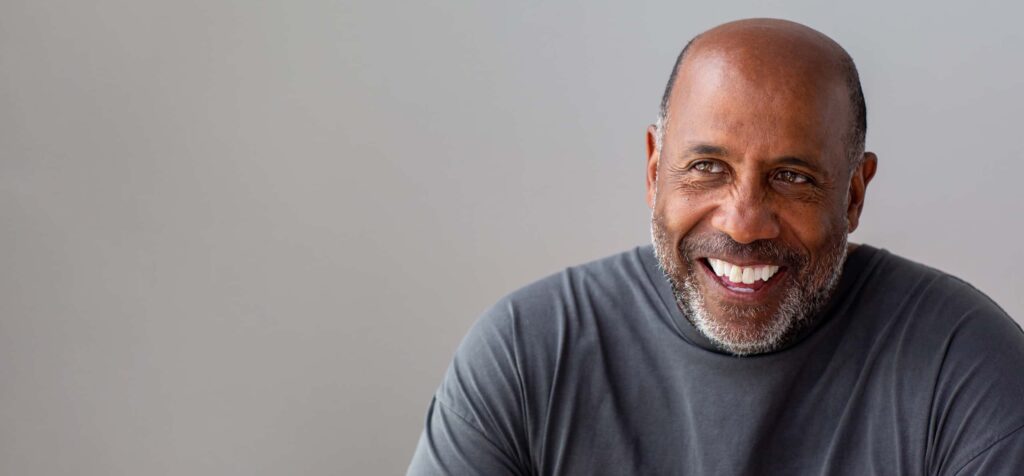Better Sleep for a Healthier Life
Common Sleep Disorders
Insomnia – difficulty falling or staying asleep
Sleep Apnea – breathing interruptions during sleep
Restless Legs Syndrome – tingling or prickly sensation in the legs
Narcolepsy – daytime “sleep attacks”
Sleep Disorder Treatments and Services
Sleep Study
A sleep study is a test that records your nighttime sleep patterns to determine how well you sleep and how your body responds to sleep problems. These tests can help your doctor find out whether you have a sleep disorder along with its severity.
Mouthpiece
A mouthpiece, sometimes called an oral appliance, may help some people who have mild sleep apnea or who snore loudly but don’t have sleep apnea. A dentist or orthodontist can make a custom-fit plastic mouthpiece that will adjust your lower jaw and tongue to help keep your airways open while you sleep.
Breathing Machine (CPAP)
Continuous Positive Airway Pressure (CPAP), sometimes called a breathing machine, is the most common and effective nonsurgical treatment for moderate to severe sleep apnea in adults. A CPAP machine uses a facial mask that fits over your mouth and/or nose and gently blows air into your throat to help keep your airway open while you sleep. Once your otolaryngologist determines that CPAP is the right treatment, you will need to wear the CPAP mask every night.

